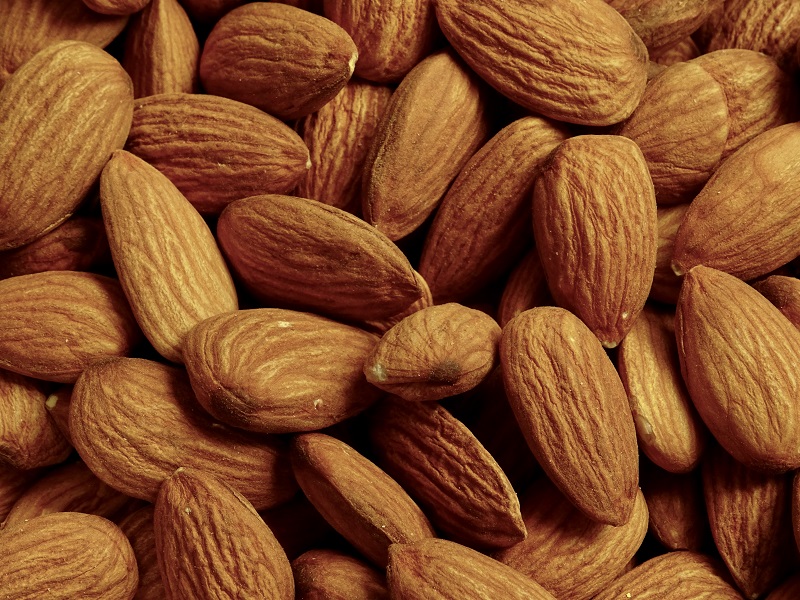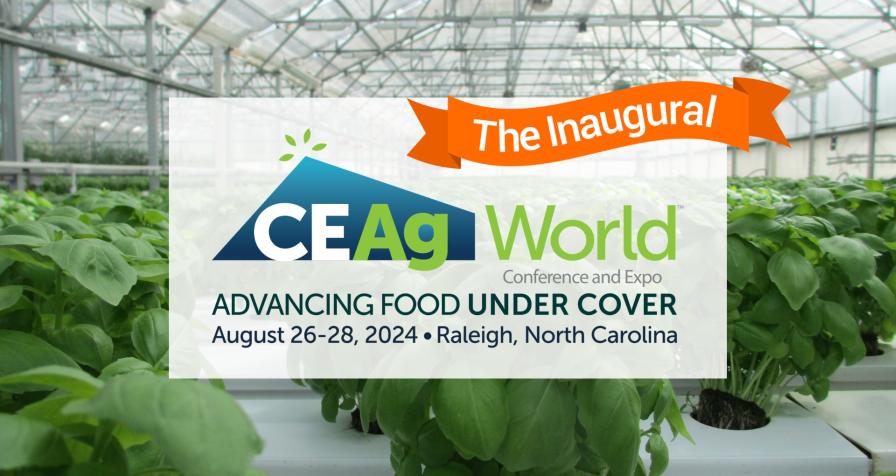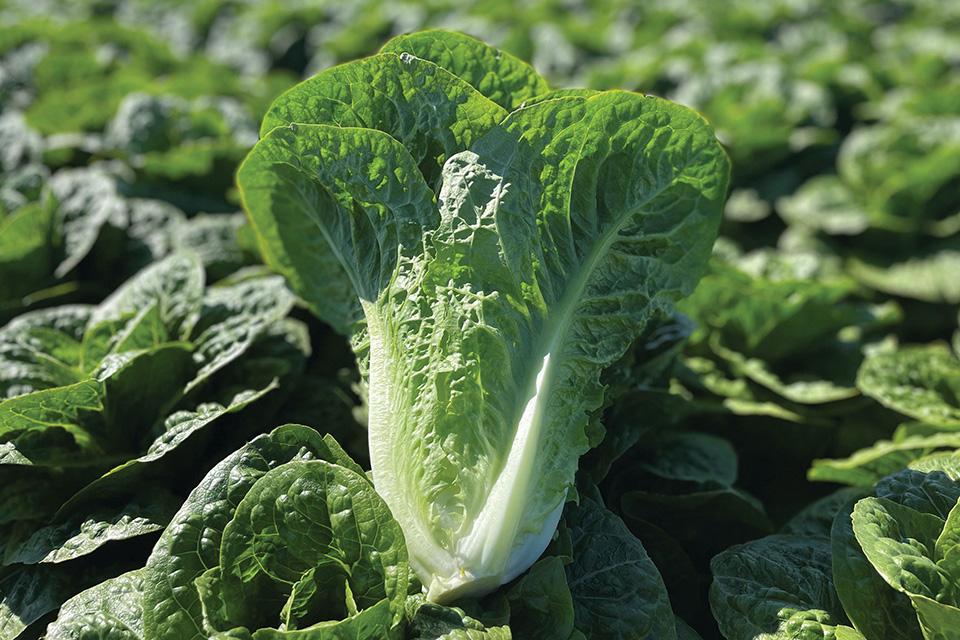Hold the Labels, Please [Opinion]
I was recently enjoying a snack when I noticed something on the packaging that struck me. On the back of the packaging for these shelled nuts was the “Non-GMO Project” logo. Which struck me as odd. It’s generally understood there aren’t any biotech nut varieties on the market.
I couldn’t help but think about how this packaging could put a negative light on similar products without that label in consumers’ eyes. I’ve noticed a lot of other fruit commodities noting they are non-GMO, most of which also do not have biotech varieties on the market. It’s an unnecessary step in stating the obvious.
Over the New Year holiday, I asked friends to guess how many biotech fruit and nut varieties are on the market. Most assumed there were loads and loads of them.
Apples, namely ‘Arctic Granny,’ ‘Arctic Golden,’ and ‘Arctic Fuji’ are the only biotech crops we cover that has been approved by the USDA to this date. Okanagan Specialty Fruits Inc. recently announced the company will be releasing pre-silced ‘Arctic Golden’ packages in Midwestern test markets early this year.
GMOs, biotech, genetic engineering — no matter what you call it, many consumers automatically assume they’ve proliferated in the market and they also connect negatively to it.
The U.S. Farmers & Ranchers Alliance (USFRA) and the National Corn Growers Association conducted a survey of their members on the attitudes of biotechnology and GMO crops. Of those who responded, 89% said GMO seeds would help lessen their pesticide herbicide use and 64% said those seeds would allow for an efficient management of resources.
At the same time, the USFRA measured consumer opinions about agriculture, including biotechnology. Only 11% of those responding found GMOs favorable. That disconnect in attitudes between growers and consumers may be related to who sees the direct benefit of such technology.
In the 1990s the movie “Gattaca” was released. The premise was that genetically engineered humans were commonplace and those with “natural” genes were considered inferior. This film does raise some interesting questions. If you could eliminate a devastating inherited disease or disorder for your children, or for yourself, would you do it?
Many of us would, and many of us wouldn’t argue against that altruistic purpose. But what about a devastating disease for your livelihood or income (i.e. the crops you grow)?
We have yet to see how the public will react to the non-browning ‘Arctic’ apple line, which offers a more consumer-friendly trait, silencing the reaction sliced apples have to oxygen. There seems to be even more concern, however, about the public acceptance of other produce crops where grower-focused traits would be the big benefit. I’m thinking, for example, of the citrus industry and its battle with citrus greening or Huanglongbing (HLB). A genetically modified tree could be a real answer for struggling citrus growers, but only if consumers don’t run away from citrus fruit in fear.
At this time of year consumers are flocking to healthy and fresh choices. It’s time for commodity groups to come together and help encourage consumers to include fresh fruits, vegetables, and nuts, as a part of their food choices.
And that brings me back to where I started, with that Non-GMO label on a package of nuts. It’s every grower’s right to promote and sell a crop as they see fit. It’s a competitive world out there and we all have to find what connects with a customer. But is this particular message the right one for our industry as a whole if it contributes to negative consumer opinion about a potentially valuable tool?
Let’s help consumers see the benefits of the fruits of your labors, without the unnecessary labels.










